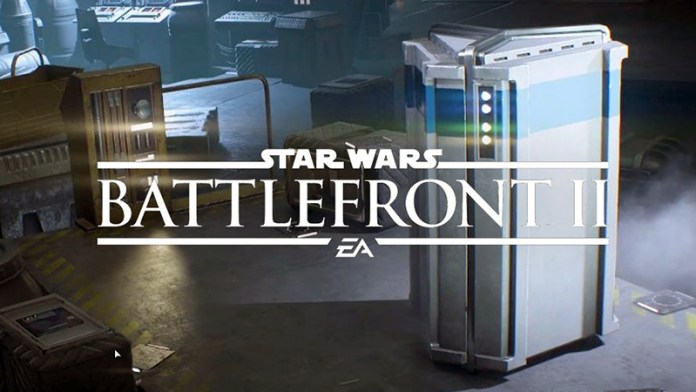Yesterday the Australian Senate released its report into “Gaming Micro-Transactions for Chance Based Items.” This inquiry is also known as the ‘loot box inquiry’ and was for determining what, if any, action the Government should take in response to concerns that loot boxes and microtransactions constitute gambling.
The recommendations of the report were that;
- the Government undertake a comprehensive review of loot boxes in video games
- the definition of ‘gambling service’ be reviewed
- games containing loot boxes that constitute gambling with items that can be monetised be rated R18+
- games containing loot boxes that constitute gambling with items that can’t be monetised be rated MA15+
- games containing loot boxes display a warning reading “Contains Simulated Gambling”
- a consumer protection framework be developed
Senate Loot Box Inquiry
According to Dr Marcus Carter, former President of the Digital Games Research Association of Australia and current board member the Senate report
Is a comprehensive report that identifies all the pertinent issues, but it is clear the committee is held back by the lack of objective academic research into the ways loot boxes are actually configured by developers and the longer-term impacts on players, particularly children
In his submission to the Senate inquiry, Dr Carter argued that “‘Loot-boxes’ involving sellable and unsellable items are problematic and harmful, although the extent of the problems and/or harm are difficult to specify.
“Firstly, there is little-existing research into the impact of these mechanics on players (adults or children) and factors such as their positive or negative experience with monetisation, and how it distorts or influences their perception of, and attitude towards, real-world gambling.
“Secondly, game developers are (understandably) opaque about their income streams, which is a key part of this question.”
What Next?
While the Senate report’s recommendations seem to be a good start and a review of loot boxes in video games is likely to be beneficial to gamers, the findings and recommendations are sure to be a long way off.
In the meantime, loot boxes and microtransactions remain in games in Australia with no labelling or warning to parents.
Dr Carter suggests;
Focusing on whether loot boxes meet the historical and potentially outdated definition of ‘gambling’ in the Interactive Gambling Act 2001 seems misguided, considering how persuasive games are at altering subjective value.
Ultimately this is what a video game is – a series of unnecessary obstacles, that the game persuades us to care very deeply about.
He hopes that the comprehensive review will reveal how loot box systems are developed and how they work “under-the-hood.” As the average player has no knowledge of how these systems work, Dr Carter believes it’s an important step for researchers to be able to fully identify the potential for harm they have.
The debate around loot boxes looks like it won’t be ending any time soon, though is definitely a good first step for Australian consumers.







